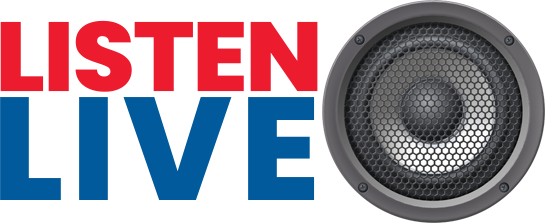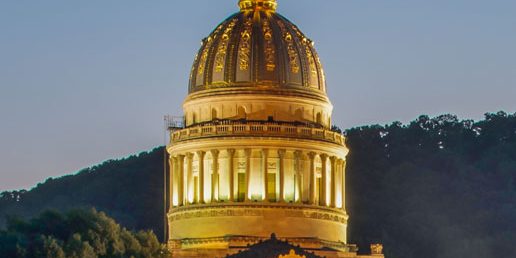MORGANTOWN, W.Va. — The League of Women Voters of West Virginia has released its 2025 Legislative Scorecard.
Co-president Judy Ball said the organization began the scorecard three years ago as a way to give voters insight into what happens when lawmakers are in Charleston. Ball said she wanted to disseminate the information so voters could read as much or as little as they liked.
“Most voters in West Virginia don’t have the time or the inclination frankly to do the kind of work when they have their whole life going on,” Ball said.
According to the scorecard, there were 2,460 bills introduced, 88 requested by the governor, 249 pieces of legislation passed, 233 signed into law by the governor, 10 that became law without the governor’s signature, 6 vetoes, and 29 line-item vetoes. The bills highlighted in the scorecard were evaluated without partisan consideration.
“You’re never going to see anything about any legislators political party,” Ball said. “We don’t select the bills that we highlight in the scorecard based on who sponsored them or who voted for them- none of that enters the process.”
Ball said the scorecard is broken up into four categories to allow voters to quickly read the sections that pertain to them.
“Strengthening democracy and that includes voters’ rights, safeguarding equal rights, protecting children and families- really important in West Virginia, and creating a sustainable future, or as most people would think environmental protection,” Ball said.
One piece of legislation the group views as a threat to democracy is House Bill 3016, which requires a photo identification for voting across the state. The bill fails to recognize the financial or transportation struggles that less fortunate residents deal with on a daily basis, and Ball believes voter turnout could drop because of it.
“This year the legislature had a bill that would restrict those voter IDs to only those with photographs and that’s a problem,” Ball said. “We see that as a form of voter suppression.”
For the first time, the organization included the budget bill in the scorecard. According to the scorecard, the legislature favored future tax cuts and the Hope Scholarship, while cutting small programs that had a significant impact on less fortunate residents.
“We made an exception this year. Not because of what the budget included, but for what it did not include,” Ball said. ” Protecting children and families is one of our key priorities and the budget really didn’t do much in that area.”



